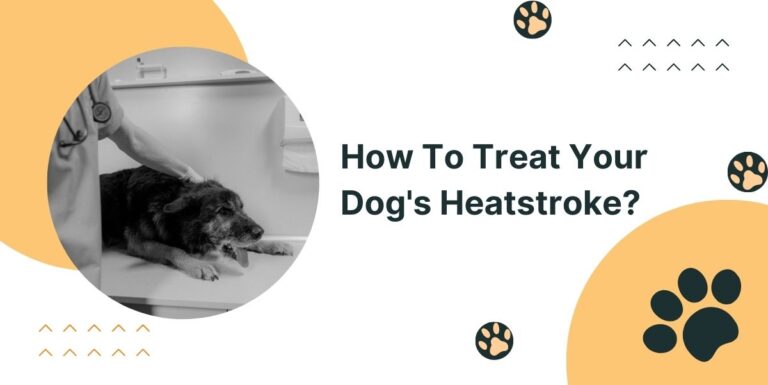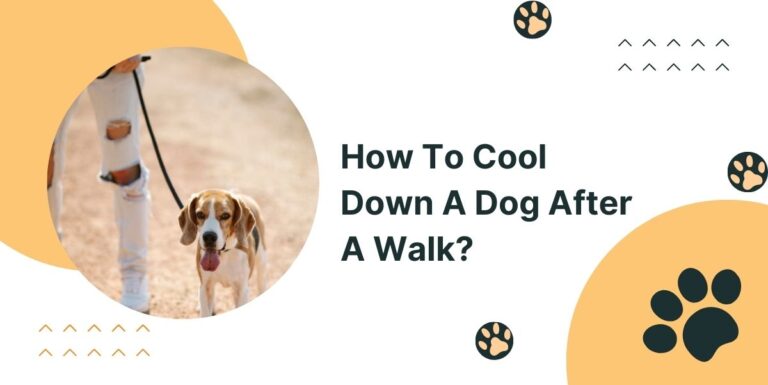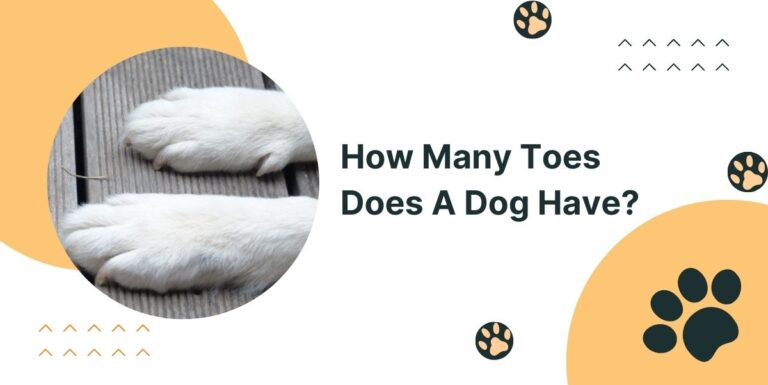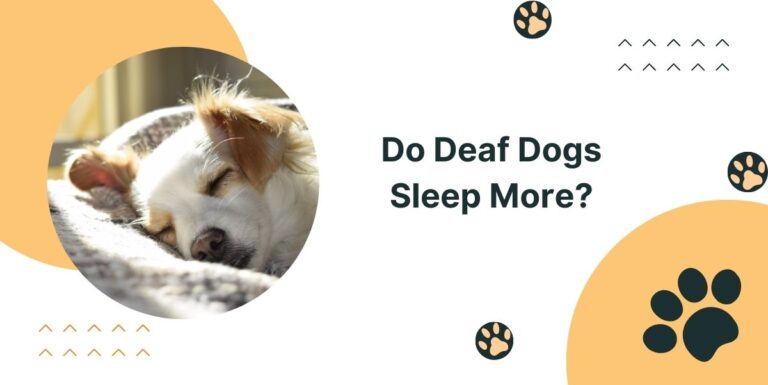Water is essential to your dog’s health. Just like humans, dogs rely on proper hydration for all major bodily functions. Most dogs can survive without water for 2 to 3 days, but this comes with serious risks.
Even going 24 hours without water can lead to dehydration, which affects vital organs like the kidneys and heart. Beyond 72 hours, survival chances drop dramatically, and medical intervention becomes urgent.
On average, your dog should drink at least 1/2 to 1 ounce of water per pound of body weight per day.

Your dog can’t tell you what’s wrong, you’re their only voice. Stay alert. Stay informed. Keep them hydrated.
How much water does a dog need daily?
Dogs lose water through panting, urinating, defecating, and even through their paws. To stay hydrated, dogs need to drink about ½ to 1 ounce of water per pound of body weight per day. That means a 40-pound dog should drink 20–40 ounces daily. For example:
- A 10 lb dog needs 5–10 oz daily
- A 50 lb dog needs 25–50 oz daily
Puppies, nursing dogs, active dogs, and those eating dry kibble may need more.
Signs of dehydration in dogs
Dehydration in dogs can become life-threatening quickly. Signs of dehydration may appear within the first 24 hours and include:
- Lethargy or weakness
- Sunken eyes
- Dry mouth and gums
- Dark or reduced urine output
- Loss of skin elasticity
- Excessive panting
- Refusing food and water
- Restlessness
- Seeking out cool places
If dehydration progresses, it can lead to organ failure and death. Permanent organ damage can occur if a dog goes longer than 24 hours without water, especially in hot weather or if the dog is very young, old, or unwell.
What to do if your dog isn’t drinking?
If your dog hasn’t had any water for 24 hours, it’s a serious emergency. Take them to the vet immediately as waiting too long can lead to dangerous dehydration or organ damage.
For mild cases:
- Offer small sips of clean water or a dog-safe electrolyte solution.
- Move your dog to a cool, shady place to help them feel better.
For serious signs like weakness or vomiting, the vet may need to give fluids through an IV.
How to prevent dehydration in dogs?
- Always provide clean, fresh water at all times.
- Clean water bowls regularly to avoid bacteria build-up.
- Use wide, shallow bowls to make drinking easier.
- Place water bowls in multiple accessible locations.
- Add low-sodium broth or ice cubes to make water more appealing.
- Offer water-rich foods like cucumber or watermelon (in moderation).
- Add water to dry kibble or serve wet food occasionally.
- Encourage drinking after walks, playtime, or heat exposure.
- Monitor how much your dog drinks daily, especially in hot weather or if unwell.
- Ensure extra water is available if traveling or leaving your dog alone.
- Use dog-safe electrolyte solutions during illness or recovery (with vet guidance).
- If your dog isn’t drinking at all, consult your veterinarian promptly.
- Check for early signs of dehydration like dry gums, lethargy, or reduced urination.
Common reasons dogs stop drinking water
Several factors can cause a dog to drink less or stop drinking entirely:
- Illness or pain
- Dental problems
- Change in environment
- Dirty or stale water
- Anxiety or stress
- Heatstroke or overheating
Always rule out health issues with a veterinarian if your dog refuses water for more than 12–24 hours.
Ways to track your dog’s water drinking habits
- Keep a daily record of your dog’s eating, drinking, and activity levels.
- Stay in touch with your vet and share any changes or concerns.
- Keep checking your dog’s weight and size to spot any sudden changes.
- Watch your dog’s poop for any signs of illness.
- Check your dog’s nose because a dry nose can be a sign of dehydration.
- If your dog is drooling a lot, they may be trying to cool down.
- Thick saliva and dry gums can also mean your dog is dehydrated.
Track these signs and behaviors for 1 to 2 weeks. Write everything down so you can compare it later. If you notice anything unusual, talk to your vet right away and start treatment if needed.
Factors affecting how long a dog can go without water
Several things can change how quickly a dog gets dehydrated:
- Age: Puppies and older dogs lose water faster and need to drink more often.
- Size and Breed: Small dogs and some breeds may not handle lack of water as well as others.
- Health: Sick or healing dogs need more water to stay healthy.
- Weather: Hot, dry, or humid weather makes dogs lose water faster.
- Activity: Dogs that run or play a lot need more water to replace what they lose from panting and movement.
While a dog may survive up to 3 days without water, the effects of dehydration begin much sooner. Never restrict water access, and make it a habit to monitor your dog’s drinking behavior. If something seems off, trust your instincts and consult your vet.
Watch your dog’s water habits daily. Dehydration can come on fast, but with the right care, it’s easy to prevent. When in doubt, always consult your vet.
Common questions dog parents ask
Should I add electrolytes to my dog’s water?
Usually, no. Most healthy dogs don’t need electrolytes in their water. Only use dog-specific electrolyte solutions if your vet recommends it—for example, after vomiting, diarrhea, or heavy exercise. Never use human sports drinks.
Can dogs drink flavored water?
Yes, but only if it’s made with dog-safe ingredients (like diluted, low-sodium chicken broth or dog-safe fruits). Avoid added sugar, salt, or artificial sweeteners (especially xylitol). Always offer plain water too, and check with your vet if you’re unsure.
Which breeds are more prone to dehydration risks?
Breeds with short noses (brachycephalic), like Bulldogs, Pugs, and Boxers, are more prone to dehydration due to inefficient panting. Small breeds, active working dogs, and dogs with thick coats like Huskies are also at higher risk, especially in hot weather.
Can wet food help keep my dog hydrated?
Yes. Wet food has higher moisture content and can support hydration, especially in picky drinkers.
Can dehydration be fatal for dogs?
Yes. Severe dehydration can cause organ failure and death if not treated promptly.
What happens if my dog drinks too much water?
Drinking too much water can lead to water intoxication or hyponatremia, a rare but serious condition. It causes electrolyte imbalance, bloating, vomiting, loss of coordination, lethargy, and in severe cases, seizures or coma. If you notice these signs, contact your vet immediately.




